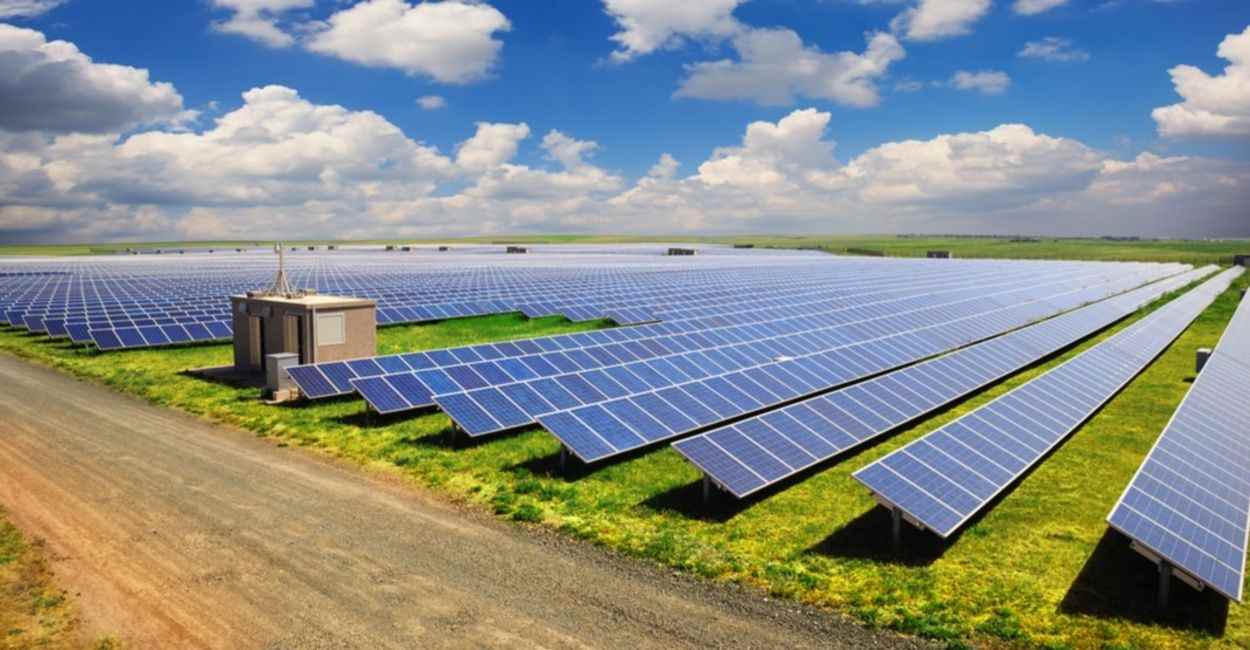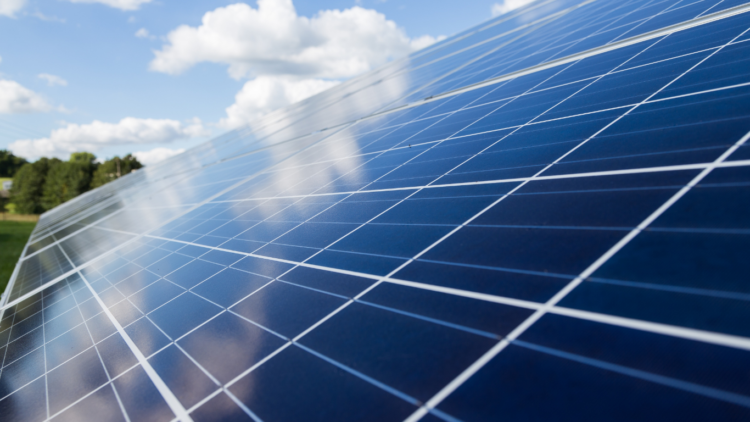Explore affordable options for energy savings with Solar Panels.
Maximize Power Savings With High-Quality Solar Panels
Maximizing energy financial savings through the use of top quality solar panels is a complex technique that needs careful factor to consider of technology, installment, and maintenance. Picking high-efficiency options, such as monocrystalline panels, can dramatically boost electricity generation, while sturdiness and warranty terms play a vital function in long-lasting economic feasibility.
Advantages of Solar Power
The benefits of solar energy are many and significant, making it an increasingly attractive alternative for both household and industrial applications. One of the main advantages is its possible to minimize power expenses. By utilizing sunlight, homeowner can create their very own power, reducing reliance on conventional utility sources and eventually causing substantial cost savings.
An additional vital benefit is environmental sustainability. Solar power is a tidy, renewable energy that aids to alleviate greenhouse gas emissions, adding to a decrease in air pollution and environment modification. This aligns with international efforts to shift towards even more lasting energy options.
Additionally, solar power systems can increase property value. Residences and organizations geared up with photovoltaic panels usually have higher resale values, attracting environmentally-conscious customers and financiers. In addition, government rewards, such as tax obligation credit reports and discounts, can offset installation prices, making solar power a lot more economically feasible.
Lastly, solar innovation advertises energy self-reliance. By purchasing solar power, individuals and companies can minimize their susceptability to fluctuating energy costs and supply interruptions, cultivating better control over their energy resources. Collectively, these benefits underscore the compelling reasons to think about solar power remedies.
Choosing the Right Solar Panels
Selecting the best photovoltaic panels is a crucial step in optimizing the performance and advantages of a solar power system. When evaluating photovoltaic panels, several factors should be considered to ensure optimal performance and long-term savings.
First, assess the panel's performance ranking, which shows just how successfully it transforms sunlight into electrical power. Higher performance panels might have a greater in advance cost but can generate even more power in restricted space. Next off, check out the service warranty used by the producer; a longer service warranty commonly shows a greater degree of self-confidence in the item's sturdiness and performance.
Additionally, take into consideration the kind of solar panel modern technology. Monocrystalline panels are understood for their high efficiency and space-saving design, while polycrystalline panels have a tendency to be extra budget friendly yet somewhat less reliable. Bifacial panels, which capture sunlight from both sides, are likewise obtaining popularity for their prospective to enhance energy output.
Lastly, perform a comprehensive review of independent performance ratings and customer evaluations to evaluate reliability and contentment. By thoroughly considering these aspects, homeowners can make enlightened choices that line up with their energy requirements and monetary objectives, eventually boosting the return on investment for their solar power systems.
Understanding Installation Expenses
Comprehending the prices connected with mounting solar panels is important for home owners wanting to buy renewable energy. The general installment price can differ dramatically Going Here based upon numerous variables, consisting of system dimension, panel kind, setup complexity, and geographical location.
Usually, the price is calculated on a per-watt basis, with typical costs ranging from $2.50 to $3.50 per watt before any incentives. A standard household system may set you back between $15,000 and $25,000, depending on power requirements and the selected components.
In enhancement to the panels themselves, home owners must think about expenses associated with inverters, installing hardware, and electrical upgrades. Labor expenses likewise play a crucial role, as professional installation ensures compliance with safety standards and local regulations.

Eventually, understanding these installation prices and possible monetary benefits is essential for homeowners to make educated choices about transitioning to solar power.

Maintenance for Long-Term Financial Savings
Keeping photovoltaic panels is important for taking full advantage of long-term power cost savings and ensuring the system runs at peak effectiveness. Regular upkeep involves numerous crucial practices that can dramatically improve the long life and efficiency of solar installations.
First, regular evaluations need to be carried out to identify any type of physical damage or wear, such as fractures or loose links. Cleaning the panels is likewise important, as dirt, dirt, and particles can block sunlight, lowering energy result (Solar Panels). It is recommended to cleanse the panels at least two times a year, or more often in locations with high levels of dirt or pollution
Furthermore, checking the system's performance with a surveillance software application can give real-time data on energy manufacturing and alert property owners to any kind of anomalies. This positive strategy permits timely repair services, minimizing downtime and preserving ideal power generation.
Ecological Impact of Solar Power
The ecological influence of solar power extends far past its prompt advantages of reducing electrical power expenses and dependence on fossil gas. By harnessing sunshine, solar power considerably lowers greenhouse gas exhausts, thus alleviating environment adjustment. Unlike standard power resources such as coal or gas, solar energy generation does not create air toxins, adding to boosted air top quality and public wellness.
In addition, solar power advertises biodiversity by reducing the need for fossil fuel removal, which commonly interrupts ecosystems and habitats. By transitioning to renewable resource resources, we can protect all-natural landscapes and safeguard jeopardized species from environment loss.
The life cycle of solar panels additionally offers a reduced environmental footprint compared to typical power resources - Solar Panels. While producing solar panels involves some source usage and discharges, Visit Website developments in technology and reusing procedures are continuously decreasing these impacts. In addition, the long-lasting benefits of solar energy-- such as lowered dependence on finite sources-- much outweigh these first expenses
Conclusion
In recap, the fostering of high-quality solar panels presents substantial chances for energy financial savings and environmental advantages. The calculated alignment of solar panel selections with power needs and federal government incentives boosts return on investment, advertising sustainability and minimizing dependence on standard power resources.